Allergies and Asthma in Childrencreated at May 11, 2009 109 109 Allergies and asthma are common childhood conditions often linked,with allergies frequently being a trigger for asthma attacks.Allergic reactions,caused by an overreaction of the immune system to harmless substances like pollen,dust mites,or pet dander,can... 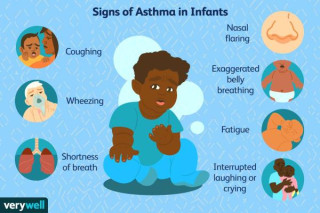 |
A test for Lyme diseasecreated at May 06, 2009 57 57 The most common test for Lyme disease is a two-tiered serological test.The first tier is an enzyme-linked immunosorbent assay (ELISA) or immunofluorescence assay (IFA) to detect antibodies against Borrelia burgdorferi,the bacterium that causes Lyme disease... 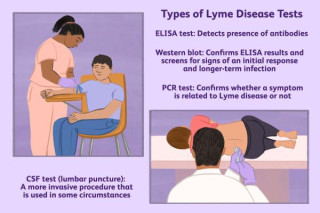 |
How do I know if I have got Lyme disease?created at May 06, 2009 71 71 Lyme disease symptoms can vary greatly but often begin with a characteristic expanding rash (erythema migrans) at the site of a tick bite.Other early symptoms may include fever,headache,fatigue,and muscle aches.Later,if untreated,the infection can spread t... 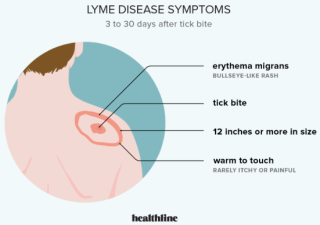 |
Lyme disease in domestic animalscreated at May 06, 2009 69 69 Lyme disease in domestic animals,primarily dogs and cats,is caused by the bacterium Borrelia burgdorferi,transmitted through the bite of infected blacklegged ticks.Symptoms can vary widely and may include lameness,joint swelling,fever,lethargy,and loss of ... 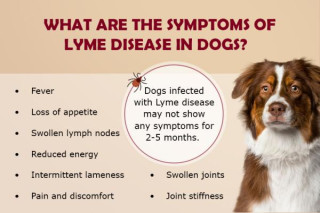 |
The basic information for Stomach cancercreated at May 03, 2009 111 111 Stomach cancer,also known as gastric cancer,is a malignant tumor that arises in the lining of the stomach.It's a relatively common cancer globally,with variations in incidence rates depending on geographic location and dietary factors.Risk factors include ... 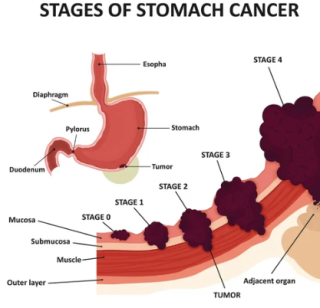 |
What are the side effects of treatment for Endocrine Cancer?created at May 04, 2009 115 115 Side effects of endocrine cancer treatment,which often involves hormone therapy,surgery,radiation,chemotherapy,or targeted therapy,vary depending on the specific treatment and the individual.Common side effects can include fatigue,nausea,vomiting,hair loss... 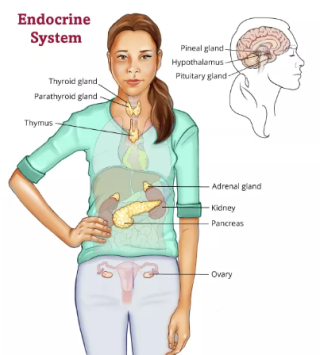 |
How is bone cancer diagnosed?created at May 03, 2009 94 94 Bone cancer diagnosis begins with a thorough medical history and physical examination,focusing on the location and characteristics of pain or other symptoms.Imaging tests,such as X-rays,CT scans,and MRI scans,are crucial for visualizing the tumor and asses...  |
Demystifying Pancreatic Cancer: What You Need to Knowcreated at May 04, 2009 962 962 Pancreatic cancer is a serious disease characterized by uncontrolled growth of cells in the pancreas,a vital organ located behind the stomach.Its notorious reputation stems from its often late diagnosis,due to vague initial symptoms like abdominal pain,jau... 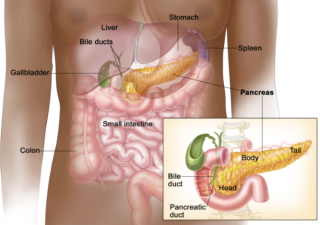 |
Decoding the Diagnosis: How Doctors Detect Pancreatic Cancercreated at May 04, 2009 947 947 Detecting pancreatic cancer is challenging because it often presents with vague symptoms or none at all in its early stages.Diagnosis typically involves a combination of imaging tests,such as CT scans,MRI scans,and endoscopic ultrasound,to visualize the pa... 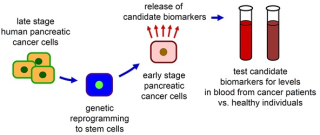 |
Demystifying Liver Cancer: Understanding the Basicscreated at May 04, 2009 125 125 Liver cancer,primarily hepatocellular carcinoma (HCC),develops when healthy liver cells become cancerous,often due to long-term liver damage from conditions like hepatitis B or C,alcohol abuse,non-alcoholic fatty liver disease (NAFLD),and certain genetic d... 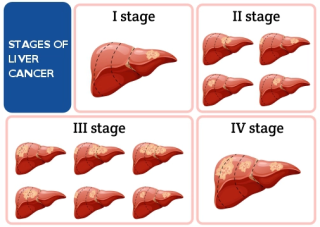 |
How will a physician make a diagnosis of head and neck cancer?created at May 09, 2009 88 88 Diagnosis of head and neck cancer typically begins with a thorough medical history and physical examination,including a visual inspection of the mouth,throat,and neck.Further investigations may include imaging techniques like CT scans,MRI scans,and PET sca... 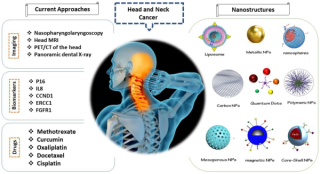 |
Understanding Liver Infections During Pregnancy - Risks and Precautionscreated at Sep 25, 2009 141 141 Pregnancy is a period of significant physical and emotional changes,necessitating special care and attention to the health of both the mother and the unborn child.Among the various health concerns that can arise during pregnancy,liver infections are partic... 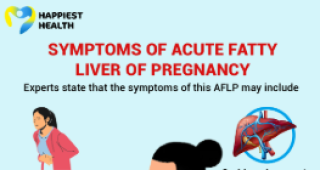 |
Unveiling the Elusive Symptoms of Pancreatic Cancercreated at May 04, 2009 160 160 Pancreatic cancer, notorious for its elusive nature, presents a formidable challenge in early detection. Unlike some cancers that manifest with distinct symptoms, pancreatic tumors often remain asymptomatic until advanced stages. However, recognizing poten... 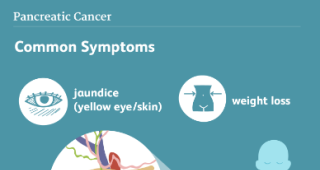 |
Understanding Colorectal Cancer: A Vital Insightcreated at May 04, 2009 111 111 Colorectal cancer, the second leading cause of cancer-related deaths in the United States, presents a significant public health concern. Despite its alarming prevalence, advancements in detection and treatment have contributed to a decline in mortality rat... 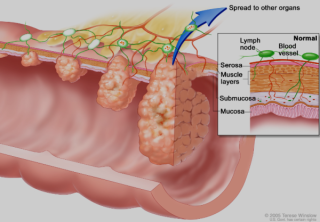 |
Understanding the Diagnostic Process for Liver Cancercreated at May 04, 2009 107 107 If you’re concerned about liver cancer, understanding how doctors diagnose it can provide reassurance and clarity. The diagnostic process typically begins with a thorough physical examination and a detailed medical history. Your doctor will inquire about ... |
How is a Brain Tumor Diagnosed?created at May 03, 2009 195 195 The doctor does a complete physical exam with special attention to neurological examination. This includes checks for alertness, muscle strength, coordination, reflexes and response to pain. The doctor also examines the eyes for swelling caused by a tumor ... 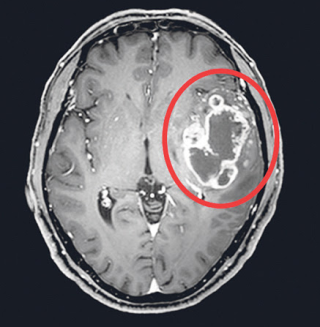 |
Unraveling Borreliosis: Understanding the Disease Caused by Borrelia Bacteriacreated at May 06, 2009 117 117 Borreliosis, also known as Lyme disease or Lyme borreliosis, is a condition resulting from infection with various species of Borrelia bacteria. Here's what you need to know:Borrelia BacteriaBorrelia bacteria encompass numerous species, with only a subset k... |
Understanding Chemotherapy Side Effects in Stomach Cancer Treatmentcreated at May 04, 2009 99 99 Chemotherapy, a vital component in the fight against stomach cancer, is a systemic treatment that travels through the bloodstream to reach cancer cells throughout the body. While this makes it effective in addressing cancer that has spread beyond the stoma... |
Navigating Change: Understanding the Side Effects of Gastrectomy in Stomach Cancer Treatmentcreated at May 04, 2009 89 89 Gastrectomy, the surgical removal of part or all of the stomach, stands as a formidable yet effective treatment for stomach cancer. This major surgery, while integral to cancer management, necessitates a significant adjustment period, often accompanied by ... |
Deciphering the Diagnosis: How Will My Doctor Detect Stomach Cancer?created at May 04, 2009 117 117 When it comes to identifying stomach cancer, medical professionals employ a range of procedures designed to pinpoint the presence of this potentially serious condition. If you've been flagged with risk factors or exhibit symptoms that raise concerns, your ... 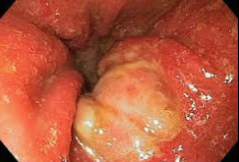 |
Understanding the Family History of Stomach Cancercreated at May 04, 2009 75 75 Family history plays a crucial role in understanding an individual's risk of developing certain diseases, including stomach cancer. When several close blood relatives have been diagnosed with or have had stomach cancer, it significantly heightens the risk ... 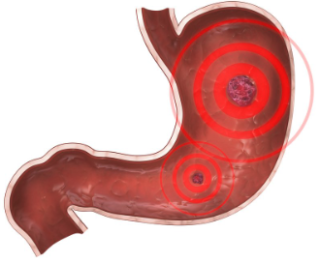 |
Deciphering the Diagnosis of PCOS: Unveiling the Processcreated at Oct 08, 2009 119 119 Polycystic Ovary Syndrome (PCOS) can be a perplexing condition to diagnose, often requiring a multifaceted approach that delves into various aspects of a patient's health. Here's a breakdown of how PCOS is diagnosed:Physical Examination: Your journey towar... |
Unraveling the Enigma - What Causes PCOS?created at Oct 08, 2009 99 99 Polycystic Ovary Syndrome (PCOS) remains an enigma in the realm of women's health. Despite extensive research, its exact cause eludes us. While there isn't a definitive answer, several factors have emerged as potential contributors to this complex conditio... |
How is Hodgkin's disease diagnosed?created at May 22, 2009 6,108 6,108 If Hodgkin's disease is suspected, the doctor will ask about your medical history and will do a thorough physical exam. Blood tests and x-rays of the chest, bones, liver and spleen will also be done. Tissue from an enlarged lymph node will be removed. This... 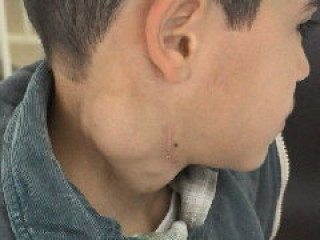 |
Who should take it?created at May 19, 2009 51 51 In my opinion, most adults over 30. But that's just my opinion. You can be tested for IGF-1 levels, or serum levels if you want to determine your needs precisely, and have your doctor decide if you are sufficiently "hgh deficient" to a degree t... |
How will my doctor know if I have ovarian cancer?created at May 05, 2009 78 78 Women who have regular pelvic exams increase the chance that, if ovarian cancer occurs, it will be found before the disease causes symptoms. However, pelvic exams often cannot find ovarian cancer at an early stage. Often, the doctor orders a blood test to ... 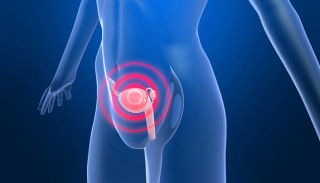 |
What's new in endometrial cancer research and treatment?created at May 05, 2009 75 75 Molecular pathology of endometrial cancer: Recent research has improved our understanding of how changes in certain molecules can cause normal endometrial cells to become cancerous. It has been known for several years that mutations (damage or defects) to ... |
How is cancer of the cervix treated?created at May 04, 2009 113 113 The choice of treatment for cervical cancer depends on the location and the size of the tumor, the stage (extent) of the disease, the woman's age and general health, and other factors. Gynecologic oncologists have expertise in the diagnostic evaluation and... |
How will I be diagnosed for colorectal cancer?created at May 04, 2009 84 84 To find the cause of symptoms, the doctor will ask about your personal and family medical history. He will do a physical exam, and may order laboratory tests. In addition to the exams discussed above, the doctor may also order the following tests: Lower GI... |
What can I do to detect it?created at May 04, 2009 147 147 Most health problems respond best to treatment when they are diagnosed and treated as early as possible. This is especially true of colorectal cancer. Treatment is most effective before the disease spreads. People can take an active role in the early detec... |